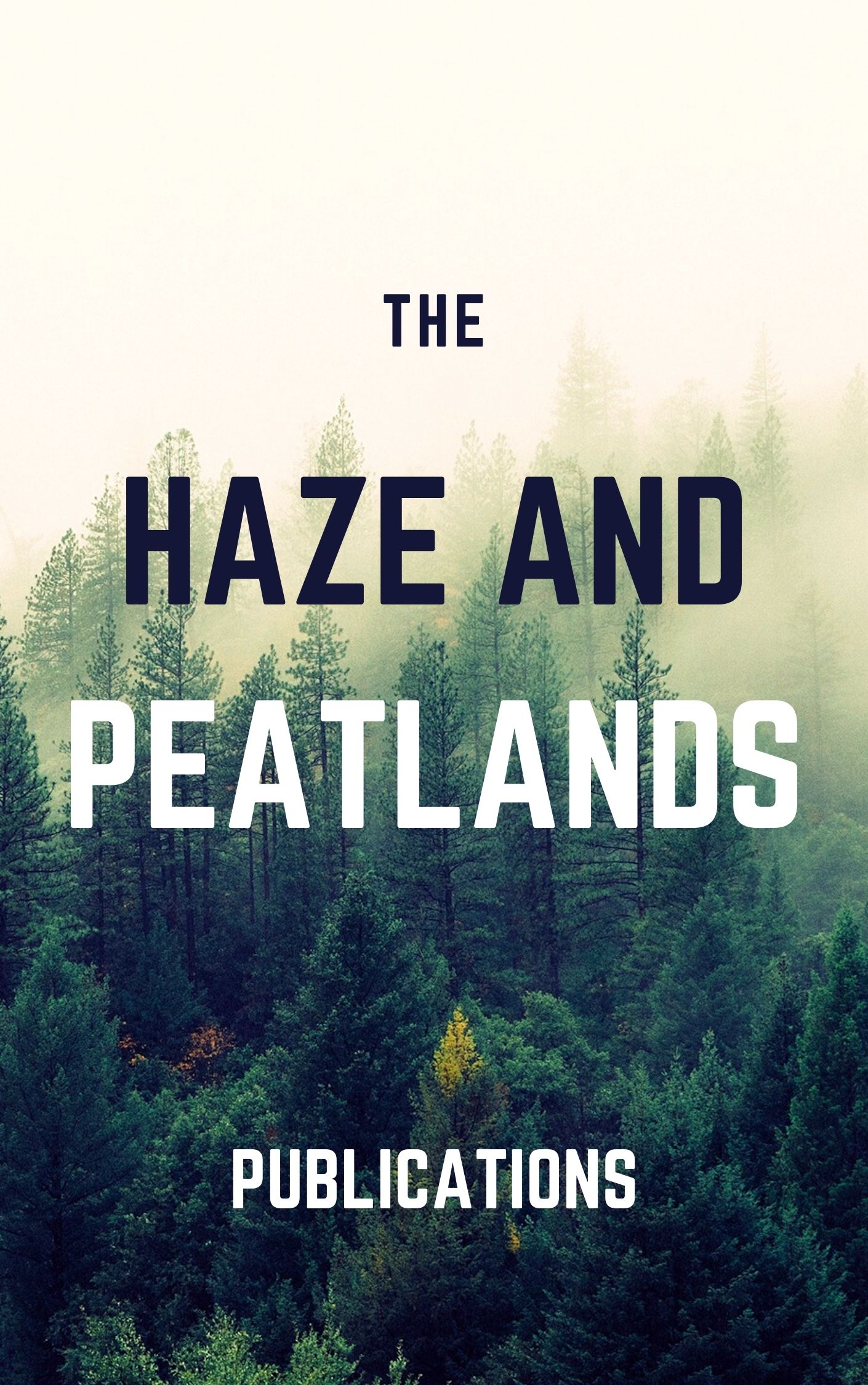The vast majority of peatlands in Southeast Asia are located in Indonesia. They are currently classified as degraded and at risk of fire. Fire prevention and the restoration of degraded peatlands have therefore been part of the national government 's agenda for the last two presidential terms. With the immense pressure of anthropogenic challenges, interventions to restore degraded peatlands and prevent fire combine biophysical and socioeconomic considerations. This paper explores the implementation of community -focused interventions and participatory processes in fire prevention, peatland restoration and sustainable livelihood improvement in Bengkalis Regency, Riau Province. We used Participatory Action Research (PAR) and an Institutional Analysis and Development (IAD) framework to foster an on -the -ground and inclusive process for behavioral changes that result in not using fire in agricultural land preparation and to advance awareness of and participation in restoring degraded peatlands. Our findings reveal that PAR, with an IAD framing, can catalyze change. Four critical aspects are required for this: (a) demand for the intervention; (b) adequate political support; (c) community participation, leadership, social capital and local institutions; and (d) business models for sustainable livelihood transitions. This paper provides lessons on scientifically driven and evidence -based participatory processes for restoration.
View source

